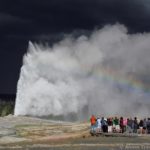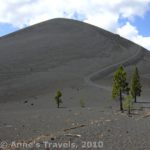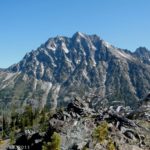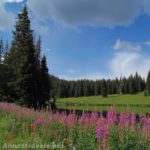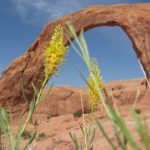
This past weekend, my sister was cleaning out some of her old papers and craft projects. She ran across a few poems and song lyrics scribbled on scraps of paper, a few of which she showed me. One went something along the lines of, “My sister is yodeling in the shower/My brothers are listening to a CCM CD/Someone is playing the piano/And another brother is practicing drums down the hall.” (And she thought the ruckus was funny!) She also showed me the original copy of song lyrics she later turned into a real song. I was struck by a line I didn’t recognize from the final song: It was about how comfortable the wilderness becomes to those who have lived there for a while.

There’s a certain addicting quality about the wilderness. Things are simpler there, more focused. We can more easily connect with our Creator. It’s not necessarily an easy life, but to someone who’s been there for a long time, it’s life and the more “normal” life can be very unappealing.
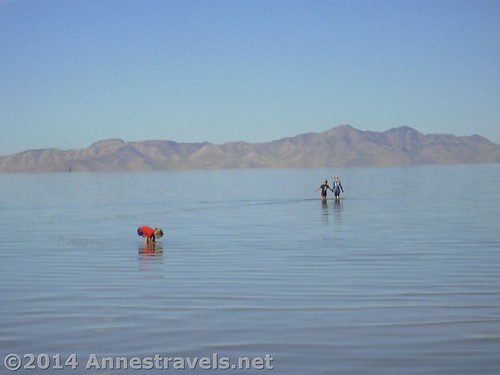
I’ve followed a few thru-hikers as they have trekked famous trails like the AT, the CDT, and the PCT. I enjoy their adventures, but they all seem to face the same issues after returning home. At its essence, they long to get back on the trail because, while it’s physically challenging, it’s mentally easier. You have one primary goal: to finish the trail. You’ve only today to think about; only the surrounding area; only the people you’re currently with. The world at large with its problems and foibles seems so far away when you’re in the mountains or the desert without a road – dirt or paved – for miles.

Some of them eventually settle back into “normal” jobs and “normal” life. Others never stop dreaming of the trail. They work so they can have the resources to go hiking and gas to get them to the trailhead. They live for their addiction: trail life.

I’m not putting down either group of people; it’s not necessarily unhealthy to go hiking every single weekend or to settle down, have a family, and hold down a high-profile job. My point is that it can be easy to become addicted to the wilderness.

Even in “wilderness seasons”, we can become addicted to the season. The struggle to believe for the good, to survive here, is a challenge some people relish. Sometimes the “wilderness season” is away from people, away from other voices and the demands that pull us in different directions. That peacefulness is extremely likable. Sometimes we get comfortable and we sort of say to God, “I’d really just like to stay here for a bit. It’s so nice and peaceful here; I like what I’m doing… why change things? Don’t You take those You love out to the wilderness to speak to them?”
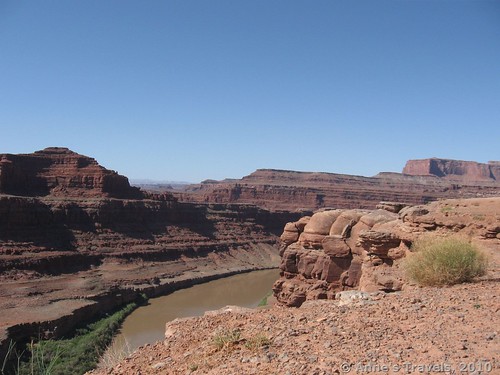
Jesus went out into the wilderness to commune with His Father (Luke 6:12, for example). But He always came back out. He saw the need for the aloneness that the wilderness afforded Him, but He also recognized His Father’s business was with the people.

It’s not a sin to love going into the wilderness. In fact, God often calls His people into the wilderness to commune with them. But somehow we need to be able to take what we find there and bring it back with us. Not flowers or dirt or pine branches, but the peace and access to God that we find there. We have tasted and seen Him in the wilderness; we have experienced that He is good (Psalm 34:8). We know what that life is and so we can carry and pursue that peace and access even after we get back to more “normal” life.

You make known to me the path of life; in your presence there is fullness of joy; at your right hand are pleasures forevermore. (Psalm 16:11)


